A former Minister of Foreign Affairs, Maj.-Gen. Ike Omar Sanda Nwachukwu (rtd.), has insisted that Nigeria’s worsening insecurity can only be resolved by Nigerians themselves—not by foreign intervention—despite former U.S. President Donald Trump’s recent warning of possible American military involvement in the country.
Nwachukwu spoke on Friday in Abuja at the launch of “The Hidden Treasures in the Niger Delta,” authored by Deacon Chris Iyovwaye.
Trump had earlier threatened to deploy U.S. forces and suspend foreign aid if Nigeria continued “to allow the killing of Christians.” The Federal Government swiftly rejected the idea of foreign troops, stressing that external intervention could complicate the crisis. Instead, Nigeria is seeking limited international support such as intelligence sharing and military hardware.
Nwachukwu, a former military governor of Imo State, argued that the solution to insecurity lies in strengthening and supporting Nigeria’s armed forces.
“No other country can save us except ourselves,” he said. “President Trump may think he’s helping, but he cannot save Nigeria. We Nigerians will save our country—with support, yes—but the real work is ours.”
The retired General condemned the killing of soldiers, kidnappings, and persistent terror attacks, stressing that the Nigerian military is far from weak.
“It’s not because Nigerian soldiers are cowards,” he said. “We proved our courage in the Second World War, in Liberia, Sierra Leone, Congo, Tanzania, Mozambique, and at home during the civil war. If we could restore peace elsewhere, we can restore peace in Nigeria too.”
He urged the government and citizens to provide the military with the resources and intelligence needed to dismantle banditry and terrorism.
“Support our men and women. Give them what they need, and they will end this insurgency.”
Also speaking at the event, former President Goodluck Jonathan—represented by his Chief of Staff, Mike Oghiadhome—called on Niger Delta Governors to take decisive steps toward transforming the region’s economy.
He said there was an urgent need to fully harness the area’s vast resources and create investment structures that attract development.
“The Niger Delta should be this country’s economic hub,” Jonathan said. “It has the deepest seaports and the potential to drive national growth, but only deliberate action can unlock that potential.”
Author of the newly launched book, Deacon Chris Iyovwaye, said his work aims to reshape Nigeria’s perception of the Niger Delta. He noted that generations of negative portrayal have overshadowed the region’s ingenuity, resilience, and economic promise.
“For years, the Niger Delta has been defined by conflict and degradation,” he said. “But that’s not our full story. Beneath the surface lies innovation, strength, and untapped potential.”
His book, he added, seeks to shift that narrative and redirect attention to the region’s opportunities beyond oil, including agriculture—once the backbone of its economy before petroleum discovery in 1956.
The event brought together political leaders, security veterans, and development advocates, all aligned on one message: Nigeria’s progress—whether in security or regional development—must be shaped by Nigerians themselves.


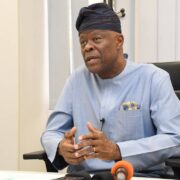
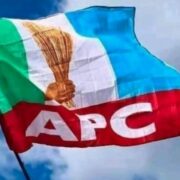
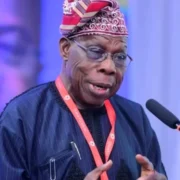
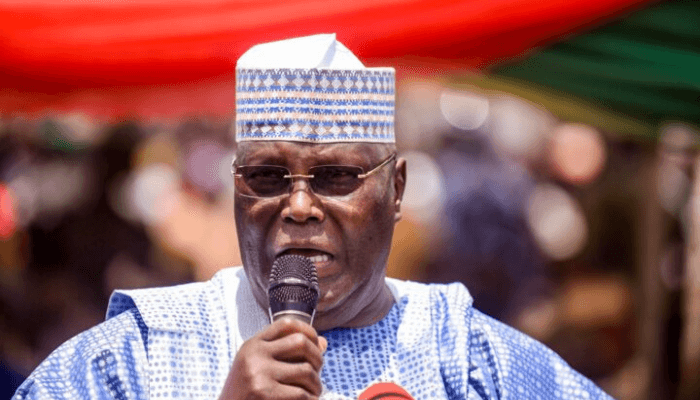
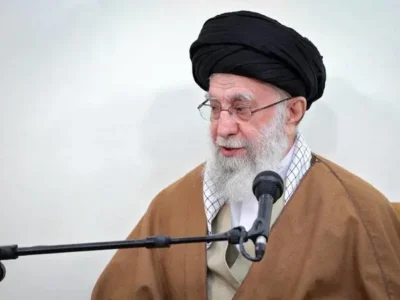
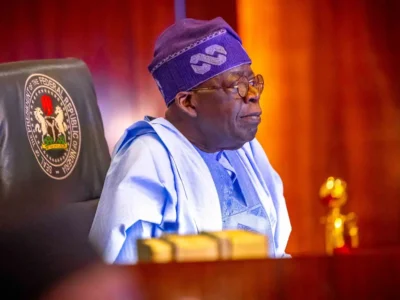
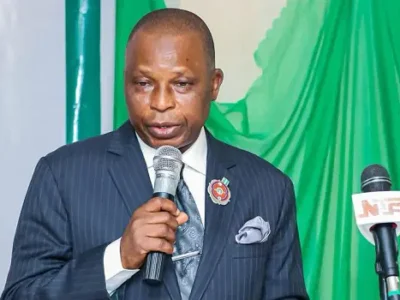










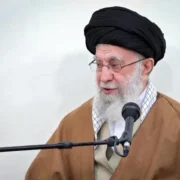
Comments